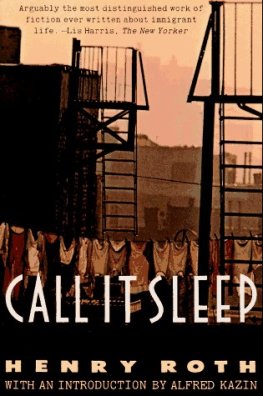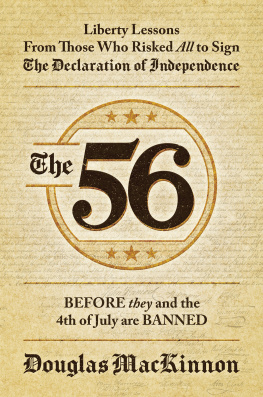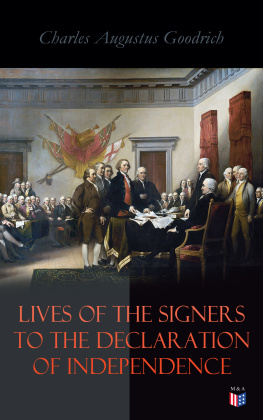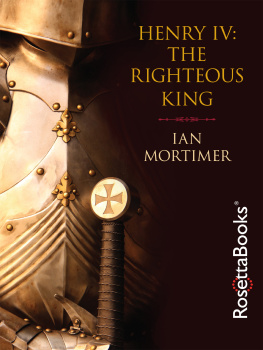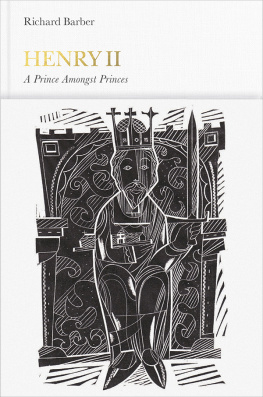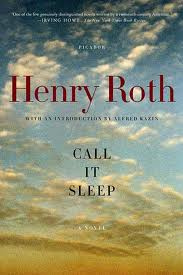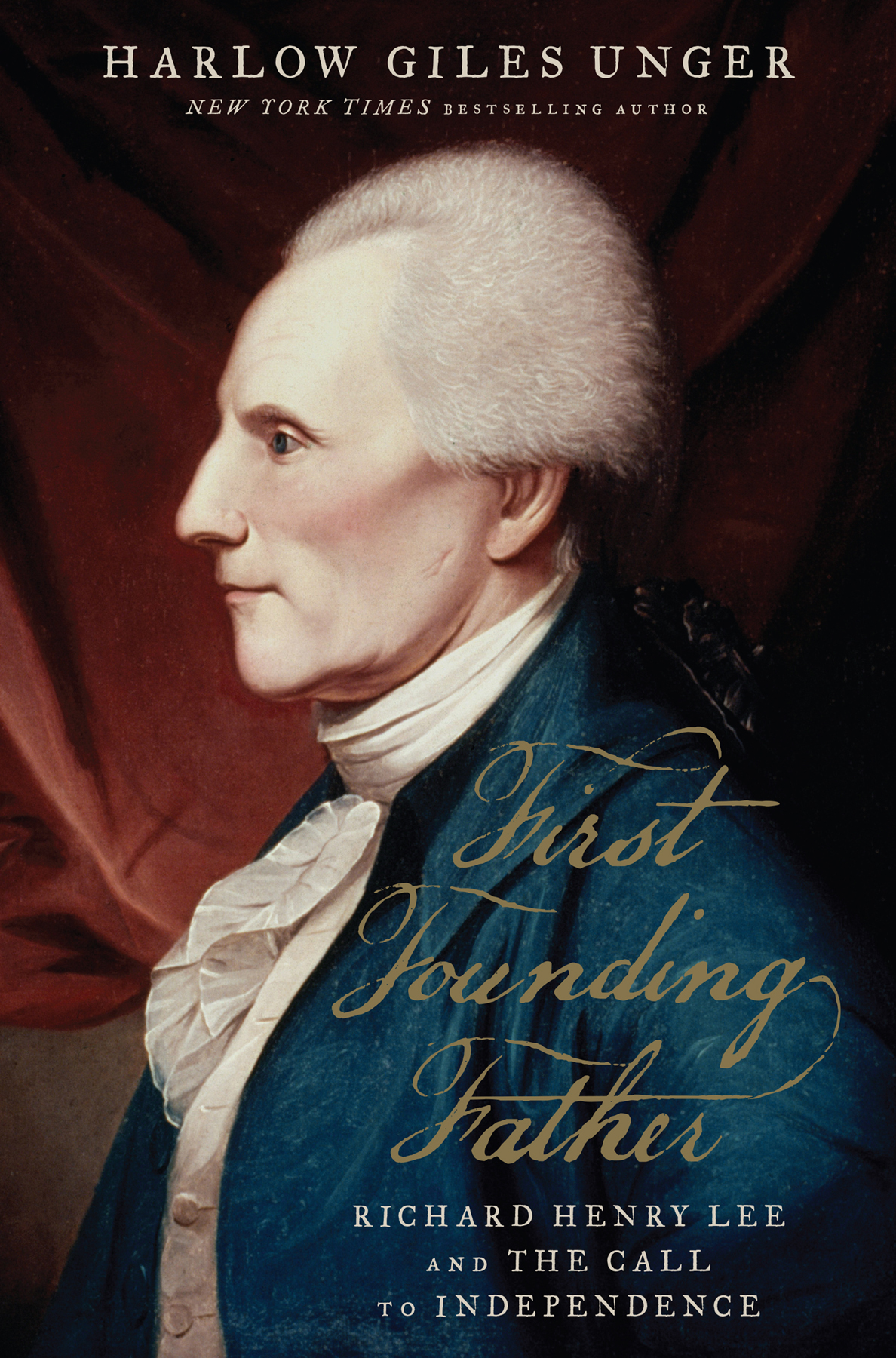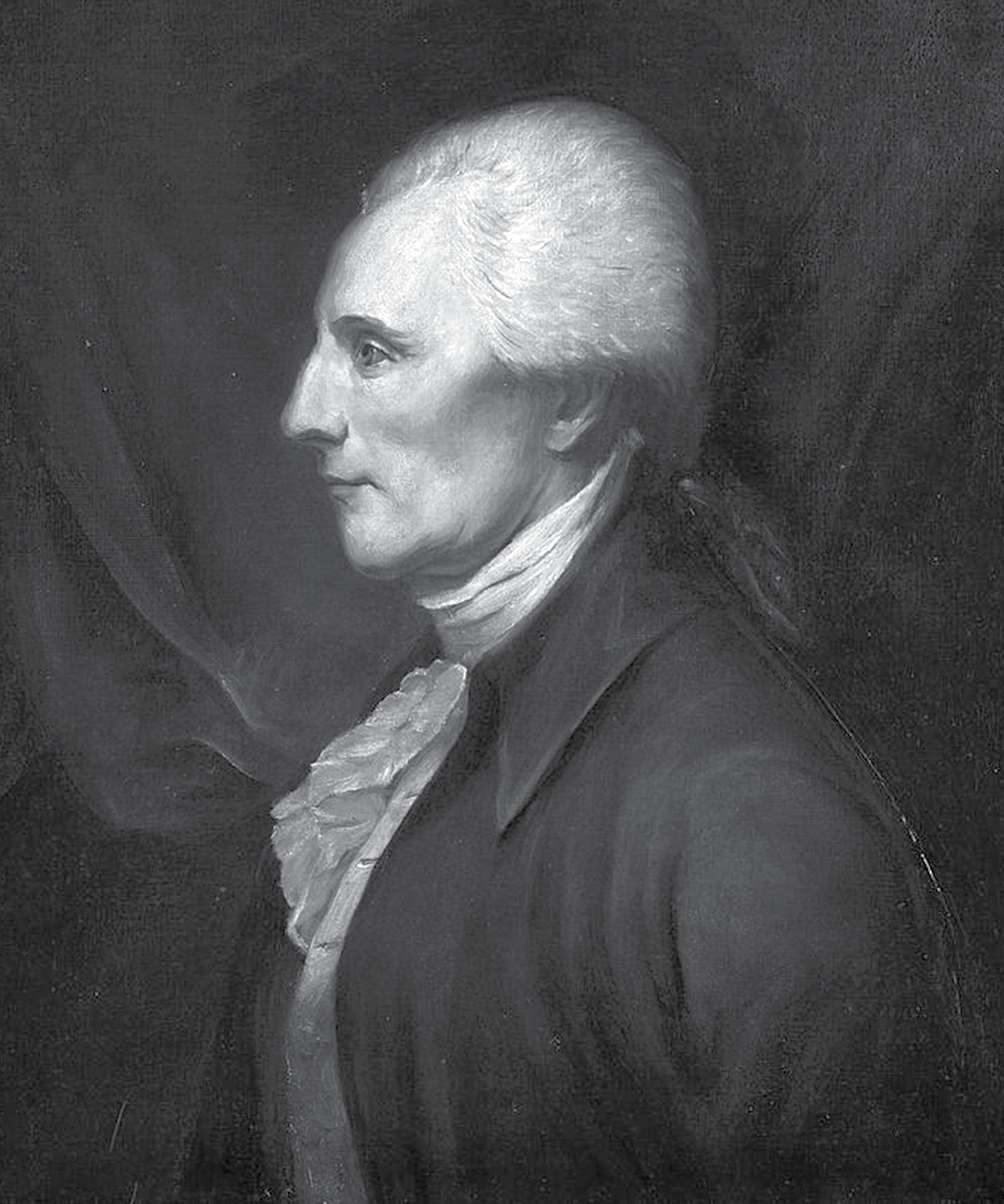My deepest thanks to Robert Pigeon, executive editor at Da Capo Press of the Hachette Book Group, for the care, the skills, and the time he invested in this and all my other books. My thanks also to the publishing and editorial team at Da Capo Press: John Radziewicz, publisher; Lissa Warren, vice president, director of publicity; Kevin Hanover, vice president, director of marketing; Cisca Schreefel, manager, editorial production; Justin Lovell, editorial assistant; Trish Wilkinson, designer; Josephine Mariea, copy editor; and to the Hachette Book Group sales team. Thanks as well to website developer Tom Bowler for his skills, artistry, hard work, and patience with a low-tech author.
B EFORE W ASHINGTON, BEFORE J EFFERSON, BEFORE F RANKLIN OR John Adams, there was LeeRichard Henry Lee.
First of the Founding Fathers to call for independence, first to call for union, and first to call for a bill of rights, Richard Henry Lee was as much a Father of Our Country as George Washington. For it was Lee who masterminded the political and diplomatic victories that ensured Washingtons military victory in the Revolutionary War. And after the nation took shape it was Leenot James Madisonwho conceived of the Bill of Rights our nation enjoys today.
Richard Henry Lee was a scion of one of Virginiasindeed, one of North Americaswealthiest and most powerful families, a fabled dynasty akin to Europes Medici, Habsburgs, or Rothschilds. He and his bloodand relatives by marriageruled over hundreds of thousands of acres across Virginia, western Maryland, Pennsylvania, and present-day Ohio and Indiana; their fleet sailed the world carrying American tobacco to the farthest corners of the earth. At the peak of their wealth and power the Lees controlled Virginias government and economy and helped develop Virginia into North Americas largest, richest, and most populated British colony.
Needing nothing to fill his needs as a young adult, Richard Henry Lee absorbed a library of learning before entering public servicean avocation that became a lifelong commitment and turned him against his own class as he encountered government corruption and widespread deprivation of individual rights. His conflicts with corrupt officials and petty tyrants metamorphosed into demands for individual liberties, human rights, and, eventually, American independence from Britain. As a fledgling member of Virginias legislature, he shocked the South by declaring blacks entitled to liberty and freedom by the great law of nature and planting the first seeds of emancipation in Virginia.
Twelve years before Britains colonies declared independence, Lee was the first to threaten King George III with rebellion if he did not annul a new stamp tax. Later Lee worked with Bostons firebrand activist Samuel Adams to organize committees of correspondence in each colony, uniting the independence movement and bringing colony leaders to Philadelphia for North Americas First Continental Congress.
In 1775 Richard Henry Lee stood with Patrick Henry demanding war with Britain, if necessary, to obtain redress of American grievances against Parliaments governing ministry. A year later he invited his own execution on the gallows with a treasonous resolve before Congress that these United Colonies are, and of right ought to be, free and independent States.
Three weeks later, on July 2, Congress approved Lees resolution declaring independence from Britain. Newspapers sent the news streaming across the nation and the world, with banner headlines proclaiming America and her people free of British rule and hailing Richard Henry Lee as Father of American Independence.
A year later, when British troops seized the capital at Philadelphia, Lee rallied a band of twenty congressmen, led them westward to Lancaster, then York, Pennsylvania, and while Washington held the remnants of his army together at Valley Forge, Lee kept the remnants of Congress together and reestablished the fledgling American government. Assuming leadership as de facto chief executive, Richard Henry Lee ensured the new governments survival, supervising military affairs, foreign affairs, and financial affairs and ensuring the needs of Washingtons army. John Adams called Lee the Cicero of the Revolution, in contrast to George Washington, the unquestioned Cincinnatus.
Three of Lees brothers, bound by mutual love of countryand of their older brotherreinforced Richard Henrys every effort. Francis Lightfoot Lee stood by Richard Henry as a firm ally in Congress, while Arthur Lee and William Lee served as surrogates in Europe, to provide intelligence, find financial aid, and work out secret deals to smuggle French arms, ammunition, and materiel to Washingtons army. The surreptitious shipments would supply Washington with 80 percent of his armys needs for more than a year until French king Louis XVI recognized American independence and sent his army and navy to America to seal American victory and independence from Britain.


